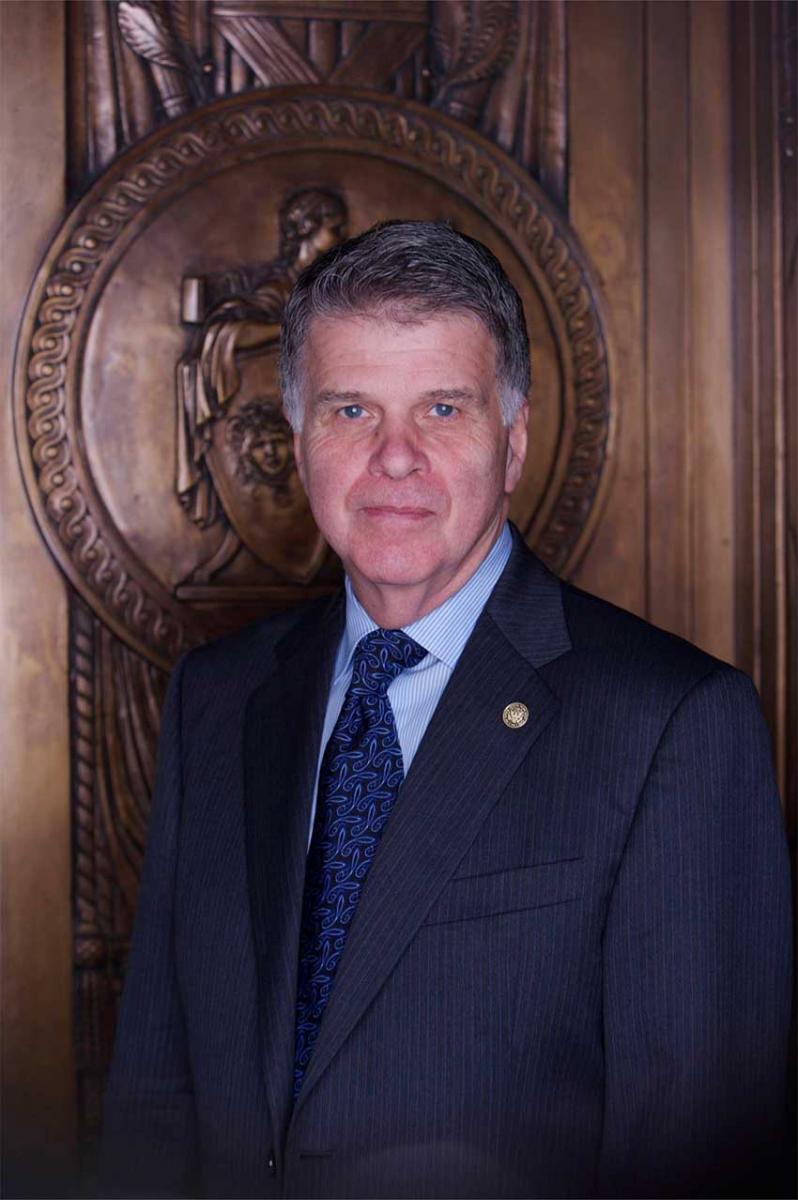
Archivist's welcome remarks and introduction of President Jimmy Carter At the Civil Rights Summit celebrating the 50th anniversary of the Civil Rights Act of 1964
LBJ Presidential Library and Museum, Austin Texas April 8, 2014
Thank you, Harry.
While among the material of this Library's prodigious archive is a letter from a future Archivist of the United States, it also includes a letter from a future President of the United States.
Just a week after the Civil Rights Symposium President Johnson convened here in 1972, President Johnson received a letter from the then-Governor of Georgia, who wrote in part:
To President Lyndon Johnson,
I have long admired you personally and deeply appreciate your tremendous and unprecedented achievements as President.
Your recent speech to the symposium at the University of Texas was heartwarming.
Thank you for all you have done for our nation.
Sincerely,
Jimmy Carter
Just over four years after he wrote the letter, Jimmy Carter would become our nation's 39th President, and would himself go on to attain unprecedented achievements in the White House.
A son of the segregated South, Jimmy Carter rose up in Georgia politics by challenging the status quo, propelled by the idea that faith and good will could right the wrongs of Southern society.
In his gubernatorial inaugural speech he said to his fellow Georgians:
"I say to you frankly, the time for racial discrimination is over. No poor, rural, weak or black person should ever have to bear the additional burden of being deprived of the opportunity of an education, a job or simple justice."
In his term in the Georgia state house, Governor Carter became one of a number of young politicians ushering in the "New South," as reflected in a time cover story on the 46 year old governor with its headline: "Dixie Whistles a Different Tune."
After leaving the Georgia state house, he began a long-shot bid for the presidency, a quest that ultimately resulted in his defeat of the incumbent President, Gerald Ford, in 1976. President Carter's election made him the first president to be elected from the Deep South since 1848.
As President, he appointed a record number of African-Americans, Hispanics and women. He also created the Department of Education and strengthened Social Security. His fierce determination for forge a better world led to his negotiation of an historic peace agreement between Israel and Egypt, which remains in place today.
After leaving the White House in 1981, President Carter continued his fight for peace and human rights as a former President. In 1982, he established the Carter Center in 1982, with its aim to "wage peace, fight disease, and build hope," here in America and around the world. In 2002, his life's work was recognized when he received the Nobel Peace Prize for his "untiring efforts to find peaceful solutions to international conflicts, to advance democracy and human rights, and to promote economic and social development."
President Carter will be interviewed this evening by LBJ Presidential Library director, Mark Updegrove.
Ladies and gentlemen, please welcome Mark Updegrove and the 39th President of United States, the Honorable Jimmy Carter.
 The Archivist of the United States is the head of our agency, appointed by the President of the United States.
The Archivist of the United States is the head of our agency, appointed by the President of the United States.